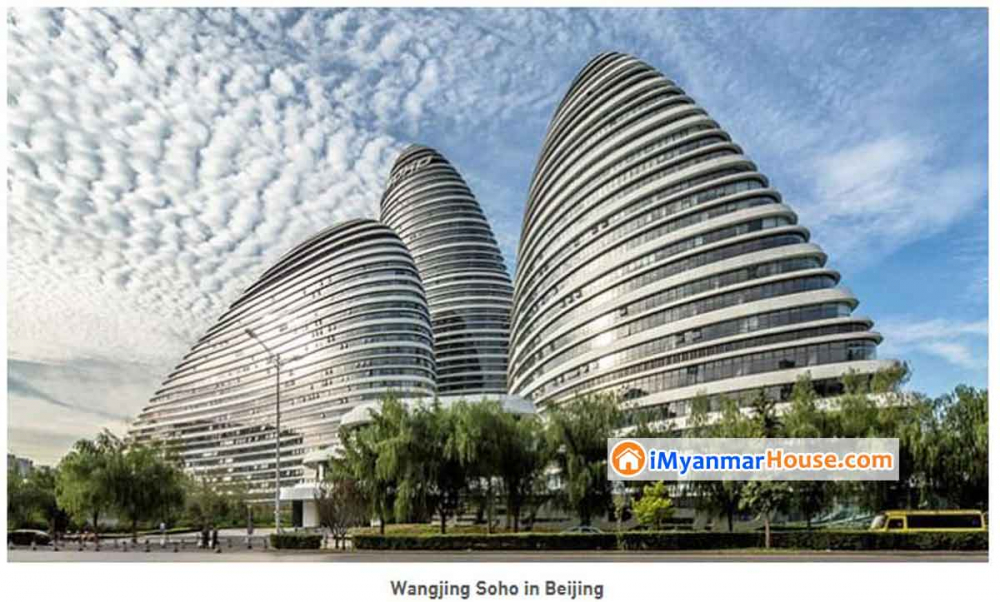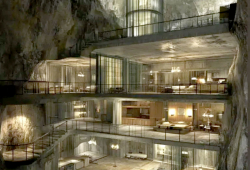
Foreign Property News | Posted by Zarni Kyaw
Soho China announced a trading halt to the Hong Kong exchange today pending an announcement, after shares in the company jumped to HK$4.10 as news of the potential buyout leaked to investors.
When contacted regarding the potential transaction, sources at Blackstone declined to comment while Soho China had yet to respond to an inquiry from Mingtiandi at the time of publication.
The buyout would also include Blackstone taking over Soho China’s debt, according to Reuters, with those liabilities totalling RMB 32.68 billion ($4.70 billion) at the end of June last year. Soho has a portfolio of 27 properties, according to its website, of which 24 are commercial office buildings in Beijing or Shanghai.
Any offer by Blackstone would be expected to run through its Asia managing director, Yan Yan, who joined the firm in 2018 after twenty-two years at Soho China, where she had worked her way up to president of the developer. Also facilitating the transaction is the $20.5 billion which Blackstone raised for its Blackstone Real Estate Partners IX vehicle, which reached a final close in September of last year.
Should the deal be completed, it would mark Blackstone’s largest mainland China real estate acquisition since December of 2018, when the company closed on a $1.25 billion purchase of a set of Shanghai assets from Singapore’s Mapletree.

Then in February 2019 Blackstone agreed to pay Taubman Centers $480 million to acquire half of its interest in its Asian shopping centre assets, which include a pair of China malls.
In May 2019 the fund manager spent another HK$7.02 billion to acquire Hong Kong International Construction Investment Management Group Co. Ltd (HKICIM), a Hong Kong-listed subsidiary of China’s HNA Group which held a portfolio of real estate assets in Greater China.
For Soho founders Pan and Zhang, the potential sale of their development company would mark the ultimate implementation of Soho’s de facto “development as a service” business model.
After developing a series of high profile Beijing office buildings for onward sale to wealthy mainland individuals under a strata sales model which the company followed during its first decade and a half of operation, Soho China shifted to a buy-to-hold or build-to-hold model not long after entering the Shanghai market in 2009.
However, the company continually struggled to build a profitable rental portfolio and frequently sold on its developed projects to investment funds, both local and international, in recent years.
In October of last year Soho China raised RMB 761 million by selling a set of nine underground car parks in Beijing to Hong Kong-based private equity firm Limetree Capital.
That parking sale came over a year after the company sold a portion of its Sky Soho project in Shanghai’s Hongqiao area to Gaw Capital for $798 million in 2018. The company has also sold Shanghai projects to funds managed by Singapore’s Alpha Investment Partners, as well as to local insurers and fund managers.
By Mingtiandi’s tally, Soho China has sold over RMB 17.8 billion in completed commercial assets to institutional investors since early 2014.
Ref: Property Report









